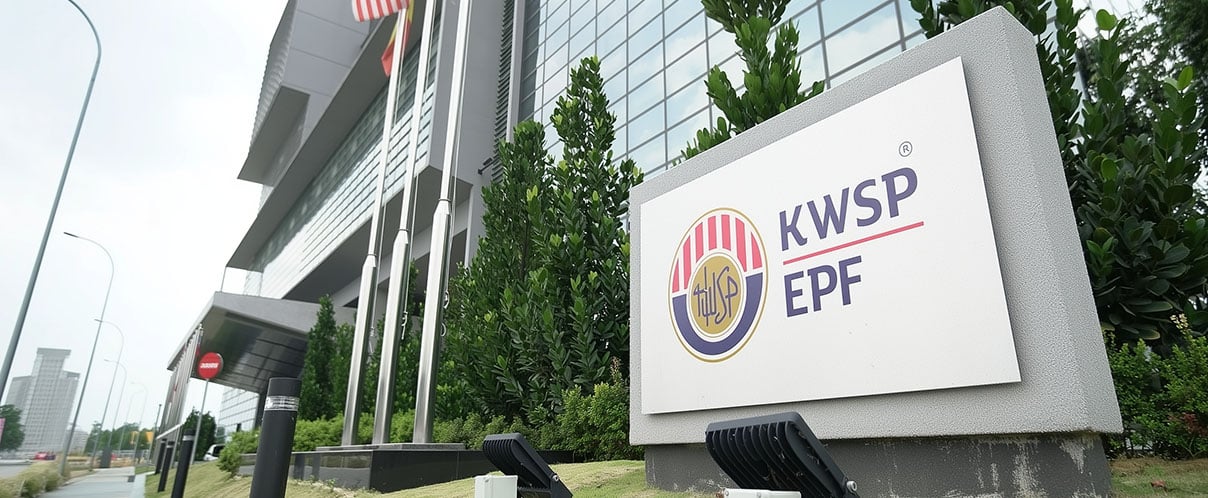

Hairol’azaha bin Abdul Samad, GM Smart & Innovative Services (TM One)
IR 4.0 continues to present many technological advancements and opportunities, but also brings new challenges for organisations across all industries, particularly manufacturing. Digital adoption is still relatively slow among Malaysian manufacturing companies, with only 11% reported to have transformed most of their business processes.
To secure the Malaysian manufacturing industry’s future and compete on a global scale, it is critical for companies to transform through digitalisation and smart manufacturing.
This article summarises the key takeaways from a presentation by Hairol'azaha Bin Abdul Samad, General Manager Smart & Innovative Services Product Innovations, TM One during TM One Leap Forward Manufacturing 2022 event, on how the Malaysian manufacturing sector can digitalise its processes for improved efficiency, quality and cost-savings.
Recent global events have illuminated vulnerabilities in our supply chains –– most notably the COVID-19 pandemic, the impact of which the world will feel for years to come. As such unexpected events have become part of our new normal, and digital technologies have become increasingly important in navigating them.
Alongside vulnerabilities, the pandemic created an ideal testing environment for the implementation of new technologies. A recent McKinsey Global Survey found that companies were able to overcome the crisis of the recent pandemic and manage their operations by turning to advanced technologies. This demonstrates these technologies’ ability in enabling new opportunities to scale efficiency and quality on the continuous journey to enhance and evolve manufacturing processes.
In a recent TM survey, we found these to be the top challenges that necessitate digitalisation in manufacturing:
In particular, survey respondents found the second challenge to be the most urgent to address, as it has the potential to positively impact costs.